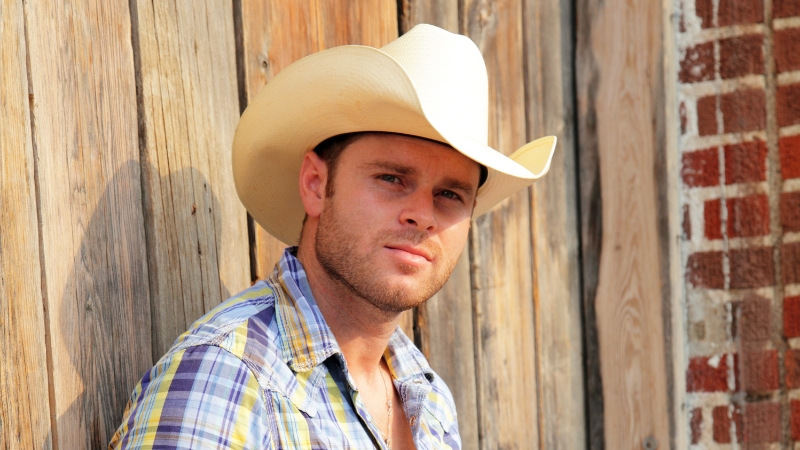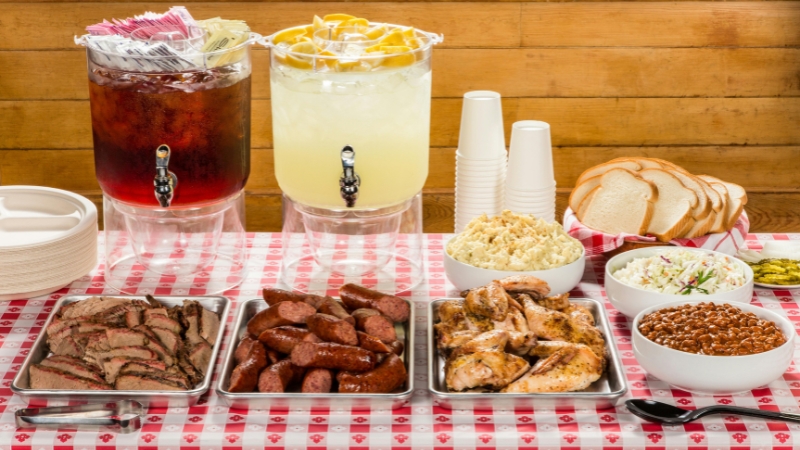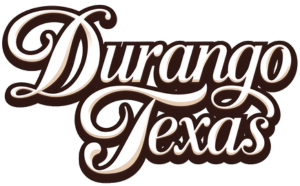You can hear it before you even cross the state line—“Howdy, y’all!” The language of Texas is more than a collection of sayings. It’s personality in motion. A wink, a joke, a hint of pride.
Texan slang isn’t just how people talk—it’s how they live. Rooted in cattle drives, Southern manners, Mexican influence, and a dash of rowdy independence, Texan expressions tell stories.
Sometimes exaggerated, often poetic, always bold. Whether you’re heading to a Hill Country barbecue, chatting with a lifelong rancher, or just curious why your Dallas friend keeps saying “fixin’ to,” this guide breaks down what Texan slang really means—and where it came from.
Quick Reference Table
| Category | Phrase | Translation |
| Greeting | “Howdy, y’all” | Hello everyone |
| Politeness | “Yes, ma’am / No, sir” | Respectful reply |
| Action | “Fixin’ to” | About to |
| Description | “Hotter than a fur coat in Marfa” | Very hot |
| Personality | “All hat, no cattle” | All talk |
| Surprise | “What in tarnation?” | What the heck? |
| Determination | “Come hell or high water” | No matter what |
| Food/Drink | “Coke” | Any soda |
| Environment | “Skeeters” | Mosquitoes |
Where Texan Slang Comes From

Texas wasn’t always highways and Buc-ee’s. It started out as rugged land—frontier territory shaped by cowboys, Native Americans, Spanish settlers, and tough-as-nails pioneers.
The state has worn many hats: Mexican territory, independent republic, Confederate state, and oil empire. Each chapter added layers to the way people talked. Southern drawl blended with cowboy grit. Spanish lilt met prairie metaphors.
And a love for tall tales stitched it all together. Some phrases came from necessity (“Right quick,” because time was money). Others from hospitality (“Ma’am” and “Sir,” still heard everywhere from gas stations to high schools).
And then there’s the humor—big, bold, and occasionally self-deprecating. If something sounds colorful, exaggerated, or just plain odd? That’s probably Texan. Let’s break it down.
Politeness and Everyday Talk
Texans are proud of their manners, and their warmth shows up in the way they speak.
Howdy, Y’all
- Meaning: A friendly hello to a group
- Origins: “Howdy” is a shortening of “How do you do?”; “y’all” is a Southern contraction of “you all”
- In Use: “Howdy, y’all! Come on in and grab a plate.”
It’s not fake. Texans say it to strangers, neighbors, and anyone walking up to the porch. “All y’all” is the super-sized version—used when you’re talking to a whole crowd.
Sir and Ma’am
- Meaning: Polite address for anyone, young or old
- Where You’ll Hear It: In schools, stores, and especially from kids raised right
- In Use: “Yes, ma’am, I’ll get that right quick.”
These aren’t stiff. They’re respectful. They signal kindness and courtesy, even in casual conversation.
We’ve Howdy-ed but Ain’t Shook
- Meaning: You’ve seen someone around, maybe exchanged nods, but never properly met
- In Use: “Oh yeah, I know her—we’ve howdy-ed, but we ain’t shook.”
A great example of how Texans casually acknowledge each other without needing to over-introduce.
Doing Stuff the Texan Way
View this post on Instagram
Action words in Texas often come with a twang and a sense of purpose.
| Phrase | Meaning | Example |
| Fixin’ to | About to do something | “I’m fixin’ to grab lunch.” |
| Lit (out) | Took off quickly | “That buck lit outta there fast!” |
| Right quick | Immediately, no delay | “I’ll be back right quick, hang tight.” |
“Fixin’ to” is everywhere, from small towns to big cities. It signals intent, without rushing. You might be fixin’ to leave, fixin’ to cook, or fixin’ to say something important.
Texans get around to things in their own time, but they are getting there. And when someone lit out? They left in a hurry—maybe to avoid trouble, maybe just cause they were in a mood.
Paintin’ a Picture, Texan-Style
Texans don’t just describe. They illustrate—with metaphors that stick in your brain like barbecue sauce on a white shirt.
| Slang/Simile | Translation |
| Common as cornbread | Super ordinary |
| Old as dirt | Very old |
| Hotter than a fur coat in Marfa | Scorching heat |
| So big he looks like he ate his brother | Huge |
| It’s so dry the catfish are carryin’ canteens | Serious drought |
| Thin as a fiddle string | Very skinny |
Ever been to Marfa in July? Then you know that heat. These expressions are more than colorful—they’re context clues rooted in local reality. Cornbread is a staple on every table.
Catfish come from muddy rivers that dry up fast in Texas summers. And if someone’s “thin as a fiddle string,” they probably ain’t getting seconds.
Who You Are, According to Texas

| Phrase | Meaning |
| All hat, no cattle | Big talker, no action |
| Bless your heart | Sweet… or not-so-sweet |
| Ain’t my first rodeo | I know what I’m doing |
| She’s got horse sense | Smart and practical |
| A few pickles short of a barrel | Not the sharpest tool in the shed |
Let’s unpack “bless your heart.” In some parts of the country, it’s a pure compliment. In Texas? It can be, if you’re comforting someone. But it’s also a polite way to say someone’s clueless.
“She wore heels to a pig roast? Bless her heart.” And “all hat, no cattle” is perfect for calling out someone who looks the part—fancy boots, flashy belt—but couldn’t ride a horse to save their life.
Expressions With a Kick
Sometimes a phrase isn’t a phrase—it’s a declaration. Texans love sayings that carry grit and sass.
| Saying | Meaning |
| What in tarnation? | What the heck? |
| Come hell or high water | No matter what, it’s happening |
| Pitch a hissy fit | Throw a tantrum |
| That dog don’t hunt | That idea won’t work |
“What in tarnation” sounds like a cowboy just caught his horse in the neighbor’s pool. It’s old-school, but still kicks around small towns.
And “that dog don’t hunt” is a polite way of telling someone their excuse is garbage.
Food, Drink, and Down-Home Flavor

Coke Means Everything
In Texas, “coke” doesn’t just mean Coca-Cola. It’s shorthand for any soft drink.
- “What kinda coke you want?”
- “Dr Pepper.”
- “You got it.”
It’s quirky, but it’s real—and it catches visitors off guard all the time.
Fixin’s and Corn-Fed
You’ll hear “fixin’s” at barbecues and burger joints. It covers toppings, sides, and all the extras that make a meal complete.
“Corn-fed” is used to describe someone sturdy—maybe a little husky, but strong and healthy. Think of a linebacker from Odessa or a farm kid from Lubbock.
Heat, Bugs, and Other Weather Complaints
With recent rain, warmth and humidity mosquitoes are thriving in South Texas. We look at the mosquito season ahead, and ways to protect yourself tonight at 6 on News 4 SA. #txwx pic.twitter.com/oO3lFrnczC
— Joe DeCarlo WX (@joedecarloWX) April 24, 2025
Texas is dramatic when it comes to weather, and the local slang matches.
Skeeters
That’s short for mosquitoes. And if you’ve ever spent a summer evening in East Texas, you’ve probably smacked more than a few. “Don’t forget the bug spray—skeeters are bad tonight.”
Don’t Like the Weather? Wait a Minute.
Texas weather can flip faster than a flapjack. One minute it’s blazing hot, the next you’re running from a hailstorm.
People use this phrase half-jokingly, half-serious. “It was 90 degrees this morning. Then it rained frogs. Typical.”
The Cultural Weight Behind the Words
@definitely_not_travis Y’all explained. #texas #MyRecommendation #YouGotThis #south #accent #language #explained #texashumor ♬ Elevator Music – Bohoman
Texan slang isn’t just fun—it’s a cultural archive. It preserves how people once worked cattle, cooked dinner, prayed, swore, flirted, and argued.
And while big-city Texans may use fewer phrases than their country cousins, the soul of the language survives.
You’ll still hear it in Amarillo feed stores, San Antonio taquerías, and Waco church potlucks. Some slang, like “ain’t my first rodeo,” has even spread far beyond state lines.
But it always sounds best in a slow Texas drawl.
Final Word
Texan slang isn’t going anywhere. It may evolve, sure—new phrases come and go—but the core stays strong: proud, funny, practical, and a little larger than life.
Whether you’re chatting with a Houston transplant or an old-timer from Abilene, knowing the lingo shows you’re paying attention. It’s a way to connect.
So next time someone says they’re “fixin’ to pitch a hissy fit ‘cause it’s hotter than a fur coat in Marfa,” just smile and say, “Bless your heart.” You’ll fit right in.

